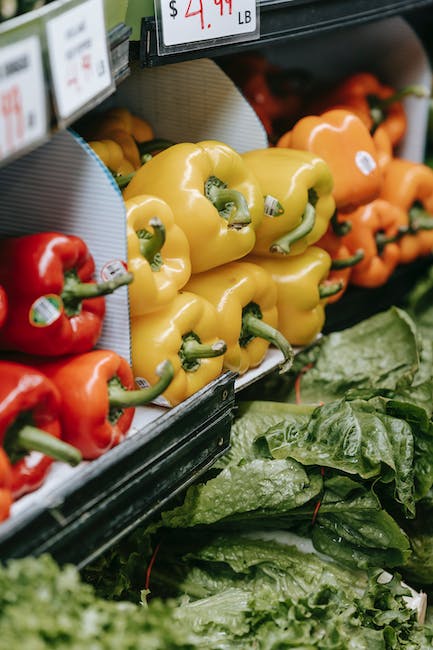How to Manage Your Budget With Food Prices Rising
With food prices rising, managing your budget is becoming more important. The cost of groceries is a significant expense for most households. It would help to understand how to adapt to these changes to alleviate financial stress.
You, too, can go from being a spendthrift to a real financial force! How can you improve your financial management while still enjoying excellent nutrition?
Read on to find some simple money-saving tips. It can help you plan easily in a world of astronomically high food prices!
Plan and Prioritize
Personal budgeting for a meal plan is important. Making a budget is a financial lesson that should be considered for various purposes. Thus, it’s best to make a weekly or monthly plan when dealing with increased prices.
You can start by assessing your family’s dietary needs and preferences. Then make a shopping list accordingly.
Focus on nutritious yet consider the cost of food too. Think about your ingredients, such as grains, legumes, and seasonal produce. Planning meals ahead of time can reduce costs on impulse purchases and reduce food waste.
Shop Smart
Be strategic when grocery shopping. It can help stretch your budget, which will help with food savings.
You can consider shopping at discount stores like food4less, farmer’s markets, or buying in bulk. Take the time to compare prices. Look for sales or discounts on essential items too.
Be mindful of store brands. Often they offer similar quality at a lower price.
Another smart tip is to use loyalty cards or digital coupons. These can help you avail additional savings. Remember, buying generic or store-brand items can be a great way to save money without compromising quality.
Cook at Home
Takeout or eating out can have a huge impact on your budget. Instead, it’s best to embrace cooking at home.
This alternative is most cost-effective. Cooking allows you to control portion size.
You can choose healthier ingredients and save money. You can even explore new recipes.
Usually, time is one of the biggest challenges of cooking at home. Thus, you can try batch cooking.
Start utilizing leftovers to maximize your meals. Invest in a good set of reusable containers for food storage. Freeze leftovers, ensuring you have convenient and economical meals for busy days.
Reduce Food Waste
Food waste can harm the environment. It also affects your budget over time.
It would be best to be mindful of expiration dates. You can also start to practice proper storage for perishable items.
Consider composting any food scraps. You can even start a small herb or vegetable garden. It’s an excellent way to utilize kitchen waste effectively.
Take advantage of leftovers. Incorporate them into new dishes and freeze them for future use. You’ll make the most of your grocery purchases and save money in the long run by minimizing waste.
Budgeting in the Face of Food Prices Rising
Food prices rising can put a strain on your budget. However, by following this guide, you can effectively manage your expenses. At the same time, still enjoy nutritious meals.
Remember to plan your meals, shop smart and start cooking at home. Embrace reducing food waste and being mindful of your spending habits. Make conscious choices to maintain a healthy budget for yourself and your family.
Was this article helpful? Make sure to browse our site for more informative advice!






